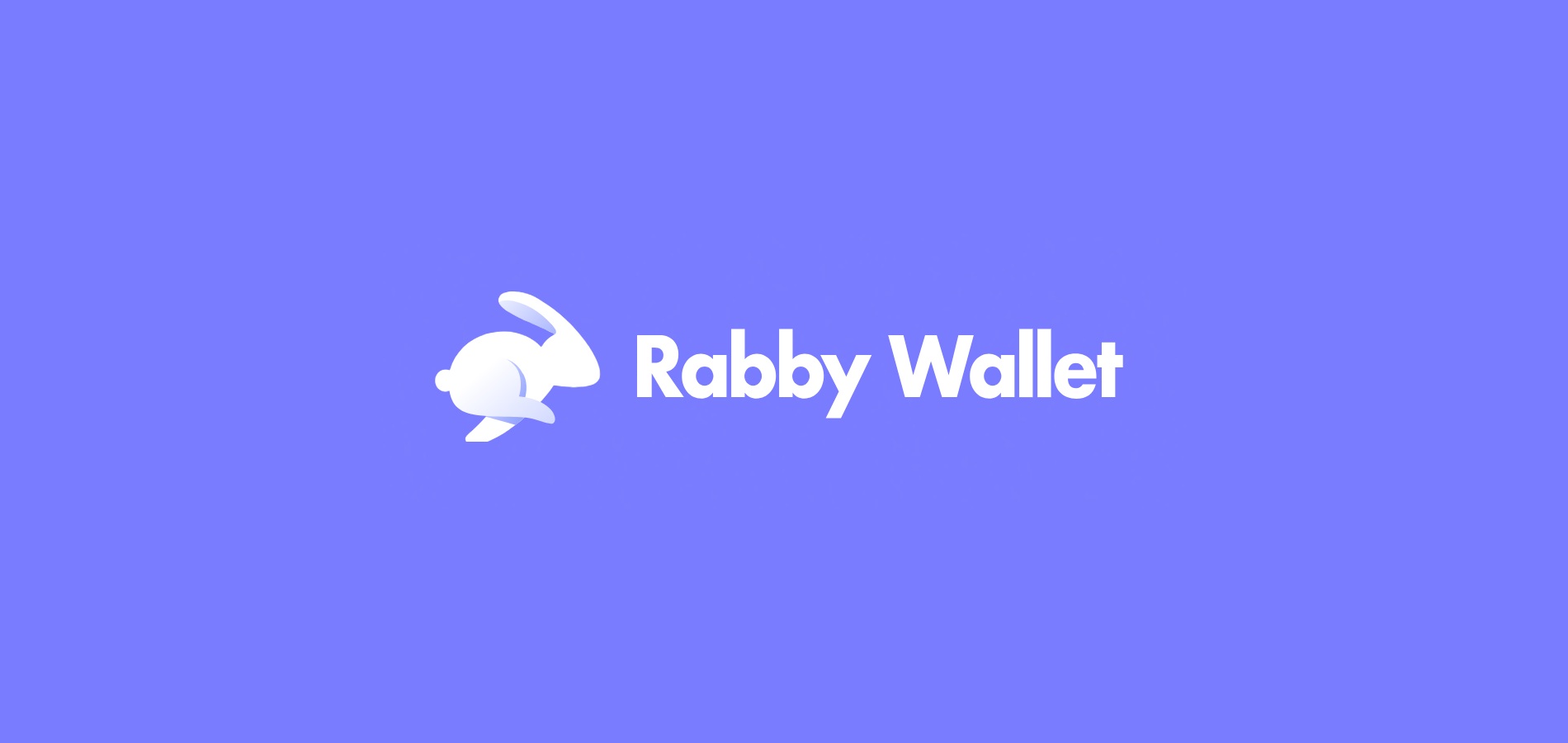Why Wallet Security Audits, Yield Farming, and MEV Protection Are Game-Changers in DeFi
Okay, so check this out—I’ve been diving deep into the crypto space, especially around wallet security and yield farming, and wow, there’s a lot that doesn’t get talked about enough. Seriously, you can’t just jump into DeFi with any old wallet and expect to be safe. Something felt off about how many folks overlook audit results when picking a wallet or protocol.
At first, I thought that yield farming was mostly about chasing the highest APYs. But then I realized there’s this whole underbelly involving MEV (Miner Extractable Value) attacks and sneaky front-running bots that can seriously mess up your gains or even your principal. It’s like you’re playing poker, but some players see your cards first.
Here’s the thing—wallet security audits are not just a checkbox. They’re a full-on inspection of how well your wallet stands up against hackers, phishing, and those nasty MEV shenanigans. And yeah, I know audits aren’t foolproof, but ignoring them is a recipe for disaster.
Anyway, before I get too far ahead—if you’re hunting for a multi-chain browser wallet that’s got your back, I’ve been testing the rabby extension. It nails usability and security, which is rare.
Let’s break it down…
Wallet Security Audits: More Than Just a Badge
Most wallets claim to be “secure,” but what does that really mean? I’ll be honest—at first glance I’d skim over audit reports, assuming most wallets are roughly the same. But the devil’s in the details. An audit digs into the codebase, looking for vulnerabilities that could be exploited by hackers or malicious smart contracts.
For example, some wallets have weak points in transaction signing or key storage. That might sound technical, but in practice, it means your funds could be drained without you even knowing until it’s too late. The rabby extension, for example, has undergone multiple audits from top-tier security firms, which gives me a lot more peace of mind.
On one hand, audits can’t guarantee 100% safety—there’s always a new exploit around the corner. Though actually, the speed at which the rabby team patches stuff after audits is impressive. That responsiveness matters a lot in this volatile space.
Wow! The audit process sometimes uncovers very very subtle bugs. Like, things that most users wouldn’t even think about, but attackers definitely do.
Oh, and by the way, it’s not just about the wallet app itself. The interaction with DeFi protocols matters too. If your wallet doesn’t properly warn you about risky contract calls, you’re basically flying blind. That’s where intelligent UX design in wallets comes in.
Yield Farming: Risk vs. Reward, and the Security Angle
Yield farming is like the wild west—lots of opportunity, but also a minefield of scams and rug pulls. Initially, I thought that all you needed was a solid strategy and a little luck. But then I got stung by a “too good to be true” APY. My instinct said something felt off about the tokenomics, but greed clouded my judgment.
Yield farming with a highly secure wallet like the rabby extension can at least reduce some layers of risk. It offers features like transaction batching and contract call previews that help catch suspicious activity before you approve it.
On top of that, yield farming protocols have varying levels of smart contract risks. Even if your wallet is bulletproof, the protocol might have hidden bugs. This makes it critical to combine wallet security with careful protocol audits and community trust signals.
Something else that bugs me is how many guides gloss over MEV risks. MEV bots can steal your sandwich trades, reorder transactions, and cause slippage that eats into earnings. It’s like the market is rigged, but only a few know it.
Seriously, if you don’t protect against MEV, you’re losing value on every trade without realizing it.
MEV Protection: The Silent Profit Killer
MEV stands for Miner Extractable Value, but the concept has expanded to Maximal Extractable Value, including validators in proof-of-stake systems. It’s basically the profit that miners or validators can make by reordering, including, or censoring transactions within a block.
Whoa! That means if you send a trade, a bot could spot it in the mempool and jump ahead, causing your trade to execute at a worse price. This is front-running, and it’s a real pain for DeFi users.
Wallets like the rabby extension have built-in MEV protection mechanisms that try to detect these tactics and either delay your transaction or route it through private relays. Initially, I thought this was a minor feature, but after seeing my own trades sandwiched multiple times, I’m sold on its value.
That said, MEV protection isn’t perfect. There’s always a tradeoff between speed, cost, and security. So you have to weigh your priorities—fast execution or safer, more predictable trades.
Here’s an interesting bit: some wallets now integrate with decentralized relays to hide your transaction details until they’re mined, which seriously cuts down on MEV attacks. This kind of tech is still evolving, but it’s promising.
Why Multi-Chain Support Matters in This Mix
I’m biased, but having a wallet that supports multiple chains natively is a huge plus. You don’t want to juggle five different wallets or browser extensions just to manage assets across Ethereum, BSC, Polygon, and others.
However, multi-chain support can sometimes mean security tradeoffs if not done right. The wallet needs to maintain strict separation of keys and permissions across chains, or you risk cross-chain vulnerabilities.
The rabby extension nails this balance. It keeps each network compartmentalized while still offering a seamless user experience. This is crucial for yield farmers who want to hop between protocols without constantly switching wallets.
Also, the extension’s integrated transaction warnings adapt to each chain’s quirks, which is a subtle but very useful feature that not many wallets offer.

Check this out—this screenshot shows how the rabby extension flags suspicious transactions and gives you audit info right inside the wallet. That kind of transparency makes a difference when you’re juggling multiple DeFi platforms.
Some Final Thoughts—And Why I Keep Coming Back to Rabby
Honestly, the space is moving so fast, it’s hard to keep up. Wallet security audits, yield farming risks, and MEV protection are all evolving topics, and no one solution is bulletproof. But I’ll say this—using a wallet that takes security seriously, like the rabby extension, gives you a leg up.
I’m not 100% sure that every feature will stay effective as attackers get smarter, but having proactive defense mechanisms built in is better than flying blind. Plus, the user experience doesn’t feel like you’re giving up convenience for security, which is rare.
On one hand, decentralized finance is about permissionless access and freedom. Though actually, with freedom comes responsibility—and that means choosing your tools wisely.
So, if you’re gearing up for yield farming or just want to protect your crypto stash from sneaky MEV attacks and phishing risks, think beyond just the shiny APYs. Dive into wallets’ security audits, check how they handle multi-chain setups, and consider MEV mitigation seriously.
There’s a lot of noise out there, but tools like the rabby extension cut through it with solid design and transparency. At the end of the day, that peace of mind is worth more than a few extra percentage points of yield.




